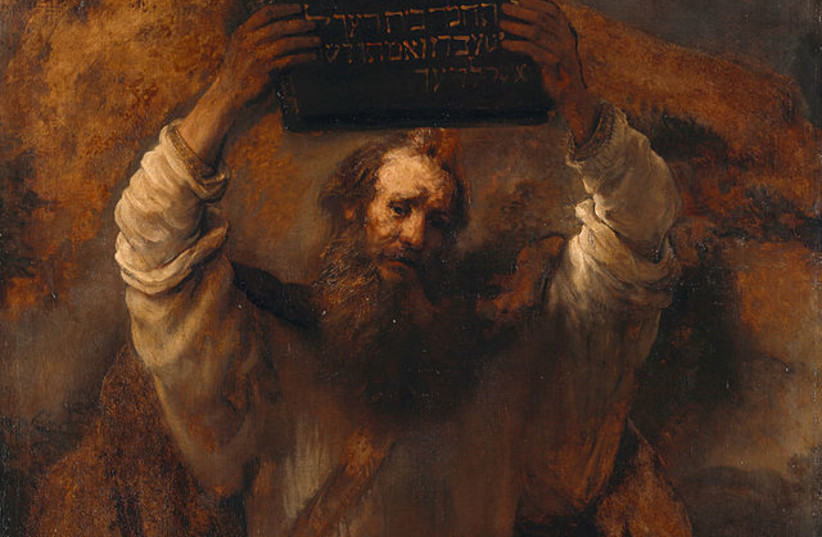Do we feel the pain of our Jewish brethren when they are suffering? There is an inherent kinship and caring among the Jewish people. The sage, Rabbi Shimon bar Yochai stated: “When one Jew is injured, all Jews feel the pain.” (Mechilta of Rabbi Shimon bar Yochai, Exodus 6:19). That is a guiding principle behind Jewish unity.
One of the opening sentences in the week’s parsha, Va’era, states: “And I (Hashem) also heard the cries of Bnei Yisrael as the Egyptians were persecuting them, and I will remember my covenant.” (Exodus, 6:5). The words of the sentence, “And I also” appears to be redundant. To whom does “And I also” refer? Who else heard the cries of Bnei Yisrael? According to the luminary, the Chatam Sofer (1762-1839), this means the Hebrews also heard the cries and groans of their suffering brethren and felt their anguish: “In reward for their empathy and caring for each other, Hashem also heard their cries and redeemed them from their situation.”
By showing empathy, despite their own pain, Bnei Yisrael hastened their redemption.
Moshe Rabbeinu exemplified empathy and caring.
From the lofty heights of a king’s palace where he grew up, Moshe upon reaching adulthood went out of the comfortable confines of the king’s palace and saw the abysmal plight of his brothers, the Hebrews, “And it was in those days that Moshe grew up and went out to his brethren and saw their affliction” (Shemot 2:11). Moshe was very affected by what he witnessed. Rashi states, “He focused his eyes and heart to be distressed over them.”

Empathy leads to action.
The Midrash states that Moshe, “Looked upon their affliction and wept, saying: ‘Woe is to me for you, would that I could die for you.’ Moshe then sought to help. The Midrash continues: “There is no labor more strenuous than that of handling clay, and he helped shoulder the heavy burdens, assisting each one.” (Shemot Rabah 1:27)
In the last century:
Following the Bolshevik Revolution of November 1917, Russian Jewry was in dire danger under the Soviet regime, which with the help of anti-religious Jewish communists, were forcing the closure of Jewish institutions, and informing on the rabbis and teachers of Russian Jewry who defied the prohibitions of the government against Jewish practices. The venerable Chofetz Chaim wrote in a letter to world Jewry pleading for action as he expressed his sense of urgency, “My heart faints and hands tremble at the approximately three million Jews in captivity and oppression.” The Chofetz Chaim asked: “Are we going to, Chas VeShalom (God forbid), sit with our hands folded?”
During the Holocaust, the Warsaw underground, before the uprising, smuggled the following message to Jewish leaders in the West demanding action: “If you feel our pain, leaders of Israel, rise up and go to the American representatives and to the British Ministry offices and stay there until they put you in jail and if they arrest you, go on a hunger strike until you die.”
Most Jewish leaders at the time could have done more. They stood by as president Franklin Delano Roosevelt did not take action. Some even derided activist organizations, the Vaad Hatzalah, the Bergson group, as well as the 400 Orthodox rabbis who marched on the White House on October 6, 1943. Their efforts, along with those of secretary of the treasury Robert Morgenthau and members of his staff, pushed a recalcitrant president to establish a War Refugee Board, which helped save 250,000 lives.
The Jewish people are one nation with one heart. They should act together with concern. To stand by fellow Jews in distress, to aid those in need, to give their full support to Israel if they happen to live in the Diaspora.
The power of empathy and action helped bring redemption closer in Egypt and it helps to bring redemption in our times as well.
The writer lives with his family in Efrat.
